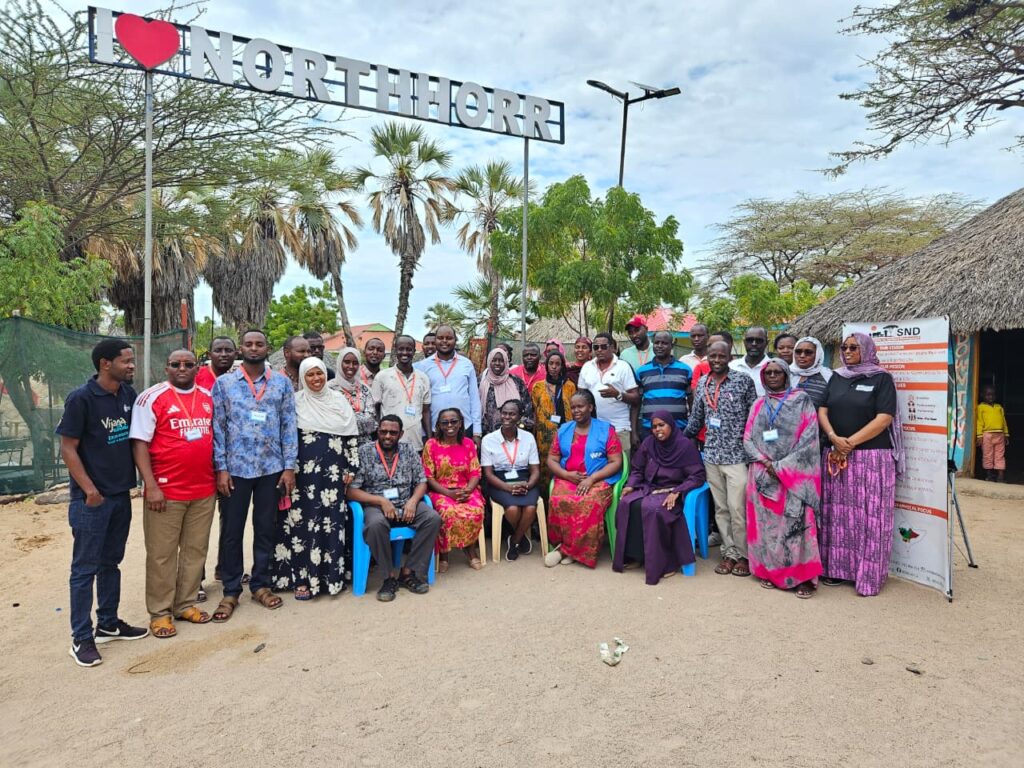
When Mothers Lead, Even the Desert Blooms: How Marsabit’s Mothers Are Turning the Tide on Malnutrition
Marsabit County, Kenya — October 2025
In the wind-swept plains of northern Marsabit, where the Chalbi Desert stretches endlessly and life clings to resilience, a quiet revolution is taking root, not in laboratories or city offices, but in the humble kitchens of mothers.
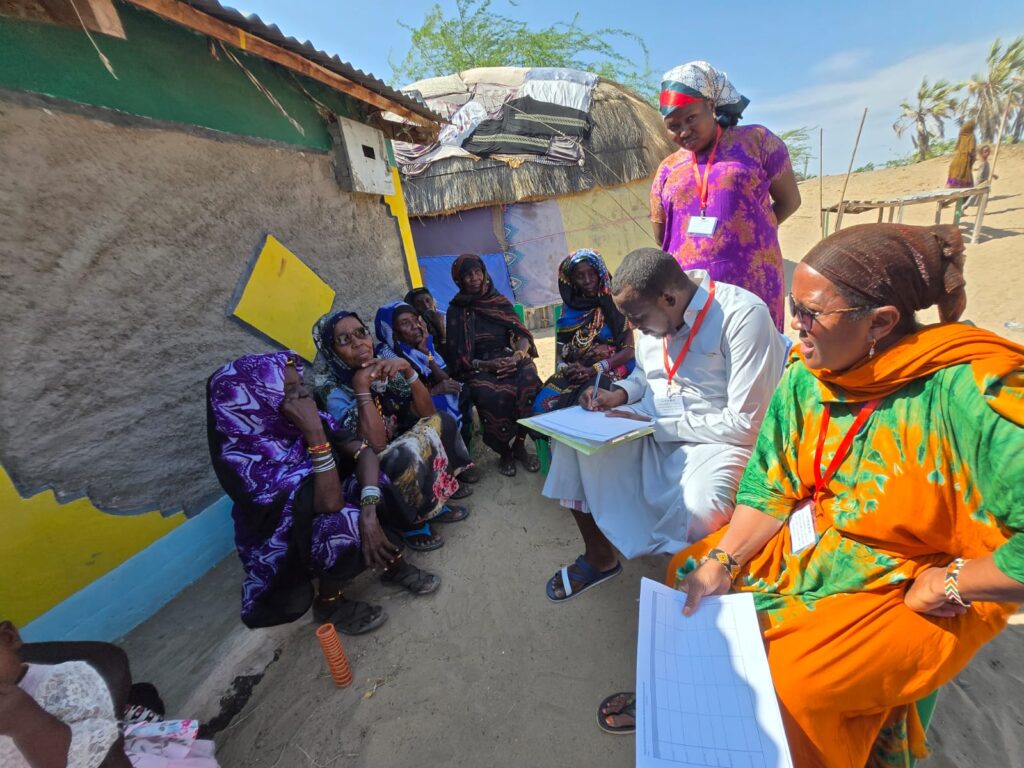
Armed with local wisdom, determination, and a few handfuls of locally available foods, these mothers are leading a movement to end child malnutrition, one meal, one child, and one household at a time.

This is the power of Positive Deviance/Hearth (PD Hearth), a community-led nutrition approach now rolling out across Marsabit County through a partnership between the World Food Programme (WFP), Strategies for Northern Development (SND), and the County Government of Marsabit. It’s a new chapter in the county’s journey toward self-reliance, resilience, and healthier futures.
“We realized that the solutions to malnutrition were already here in our own homes,” says Halima, a mother of four from Maikona Ward, smiling as her youngest stirs a pot of porridge enriched with ground nuts and pumpkin. “We just needed to see and believe in what works for us.”
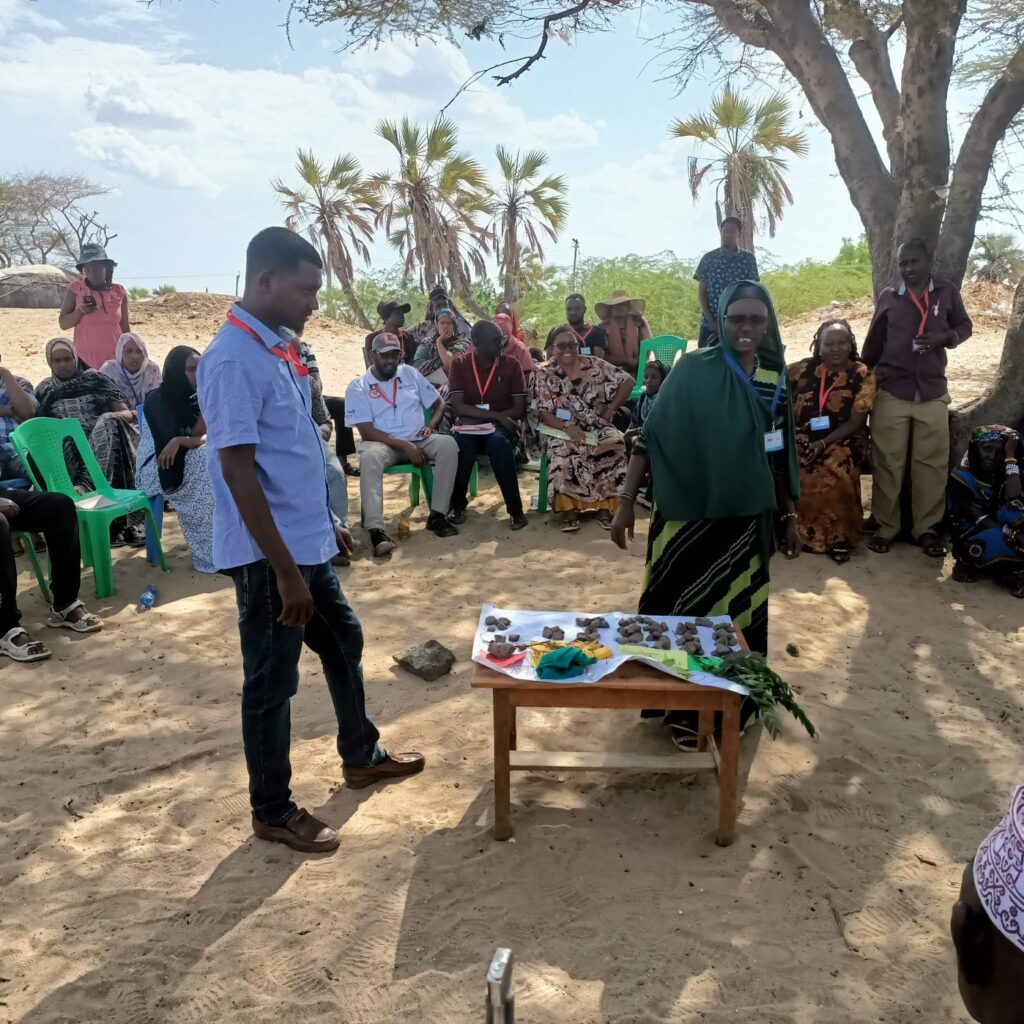
In areas like Maikona, Kalacha, El Gade, and Illeret, health facilities have become hubs of learning and transformation. Over 34 frontline health workers and more than 100 Community Health Promoters (CHPs) have been trained to support mothers in identifying locally available foods that can nourish children back to health.
The initiative aims to reach over 1,800 malnourished children, supporting their recovery through community “Hearth sessions”, small group learning and cooking gatherings where caregivers practice preparing balanced meals using foods available in their villages.
Behind the scenes, Community Health Assistants (CHAs) and Community Health Promoters (CHPs) conduct household visits, measure child growth, and offer encouragement, while Sub-County and County Health Management Teams provide oversight and coordination to keep the effort sustainable.

Each participating health centre from Maikona to Telesgaye is establishing small Agri-nutrition demonstration gardens. Here, mothers will learn to cultivate green leafy vegetables, orange-fleshed sweet potatoes, and high-iron beans. In these gardens, once barren soils, will now grow nutrition thus curbing Vitamin A deficiency and anaemia while teaching self-reliance even under dryland conditions.
“When you see a mother harvesting spinach outside a health facility in Maikona, you see more than a crop, you see empowerment,” says a County Nutrition Officer. “That’s what PD Hearth is about: local solutions, lasting change.”
This transformative work is sustained through strong multi-sectoral collaboration between the departments of Health, Agriculture, and Livestock, ensuring that no child is left behind. Each sector brings a piece of the puzzle, from better health education to improved food production and access to safe water.
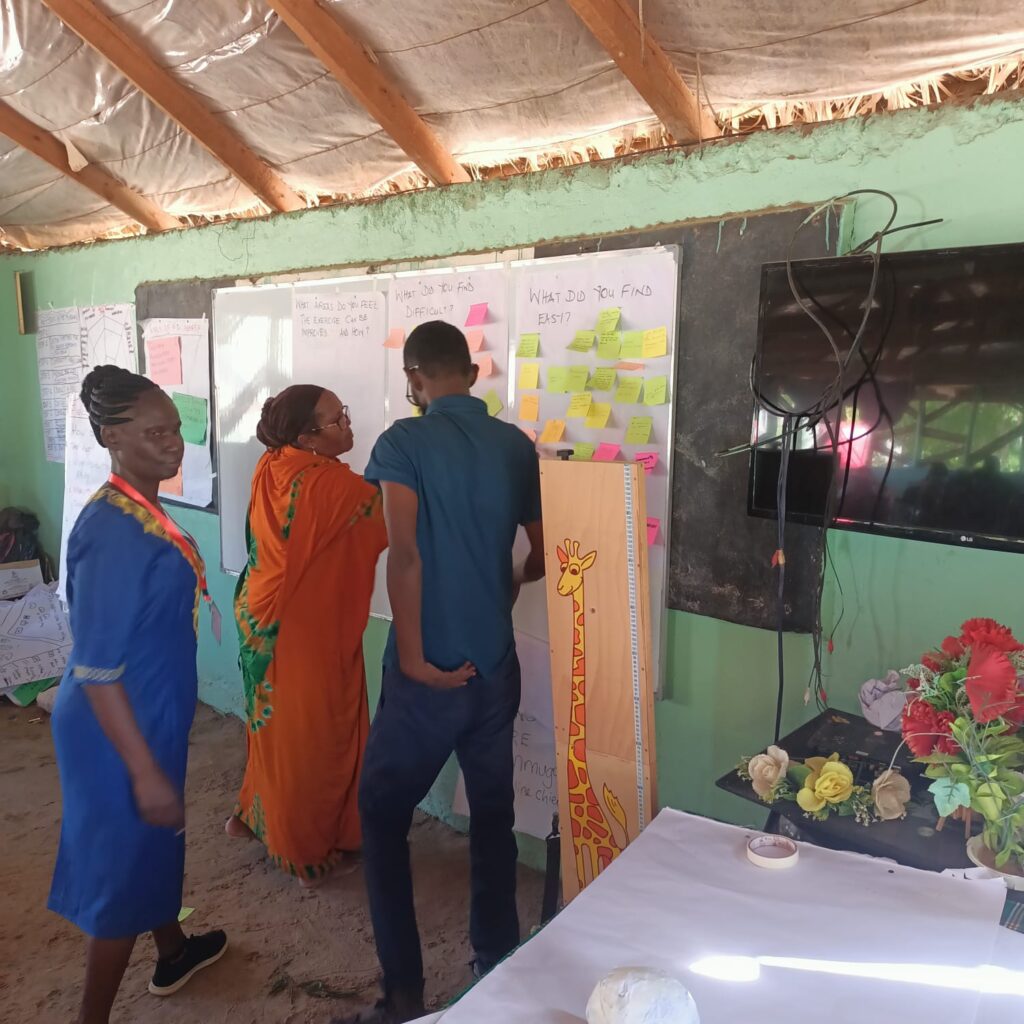
What makes PD Hearth stand out is its deep community ownership. The initiative doesn’t impose solutions; it uncovers them. It celebrates “positive deviants”, families who, despite poverty, manage to keep their children well-nourished and uses their practices to inspire others.
As the sun sets over the Chalbi, its golden light glinting off rows one truth becomes clear: even in the driest lands, hope can grow when communities lead the way, because when mothers lead, communities thrive and even the desert begins to bloom.
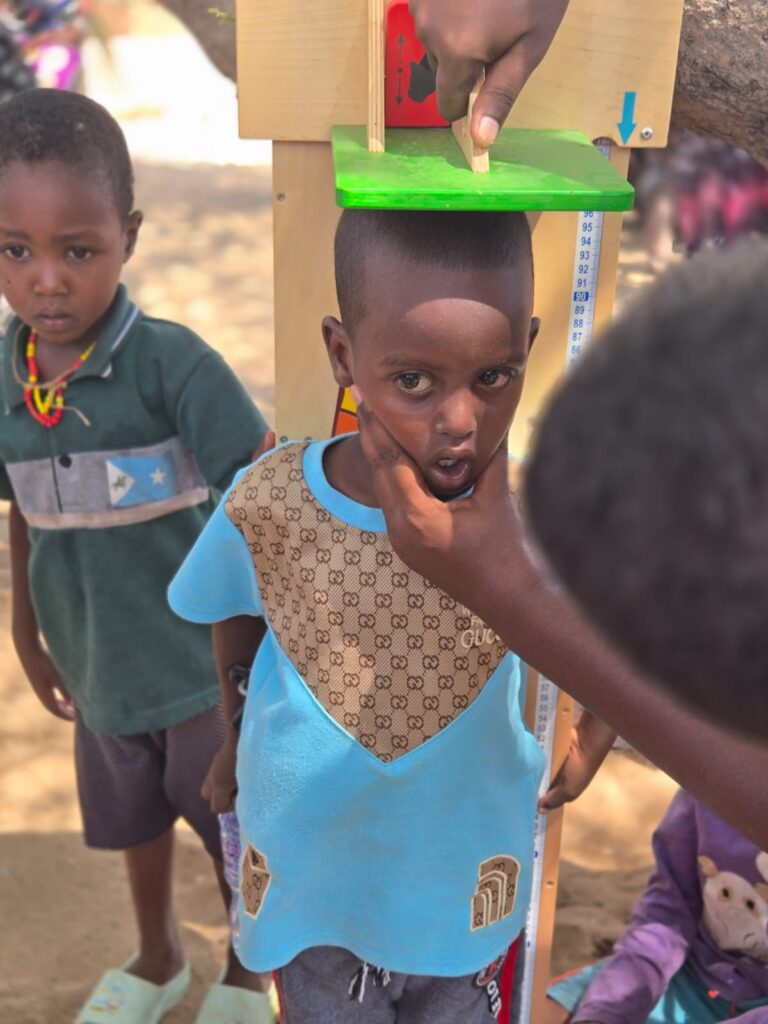
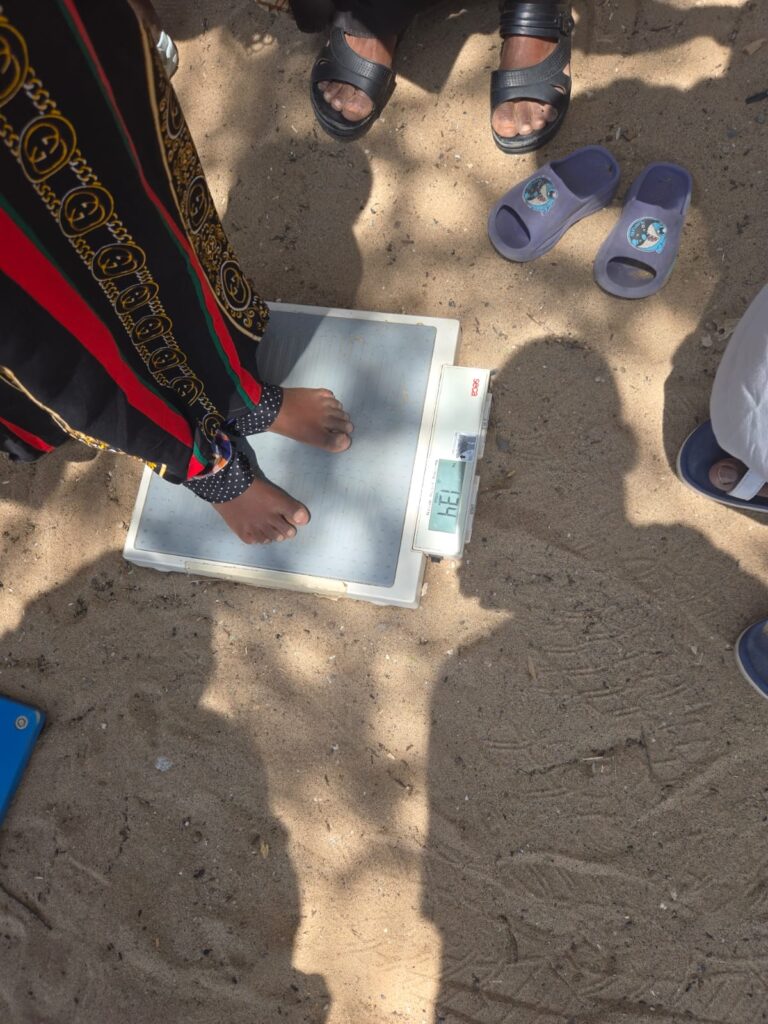

#PDHearth #WFP #SNDAfrica #ChildNutrition #CommunityEmpowerment #SustainableDevelopment #MarsabitStories #LocalSolutionsGlobalImpact #EmpowermentInAction

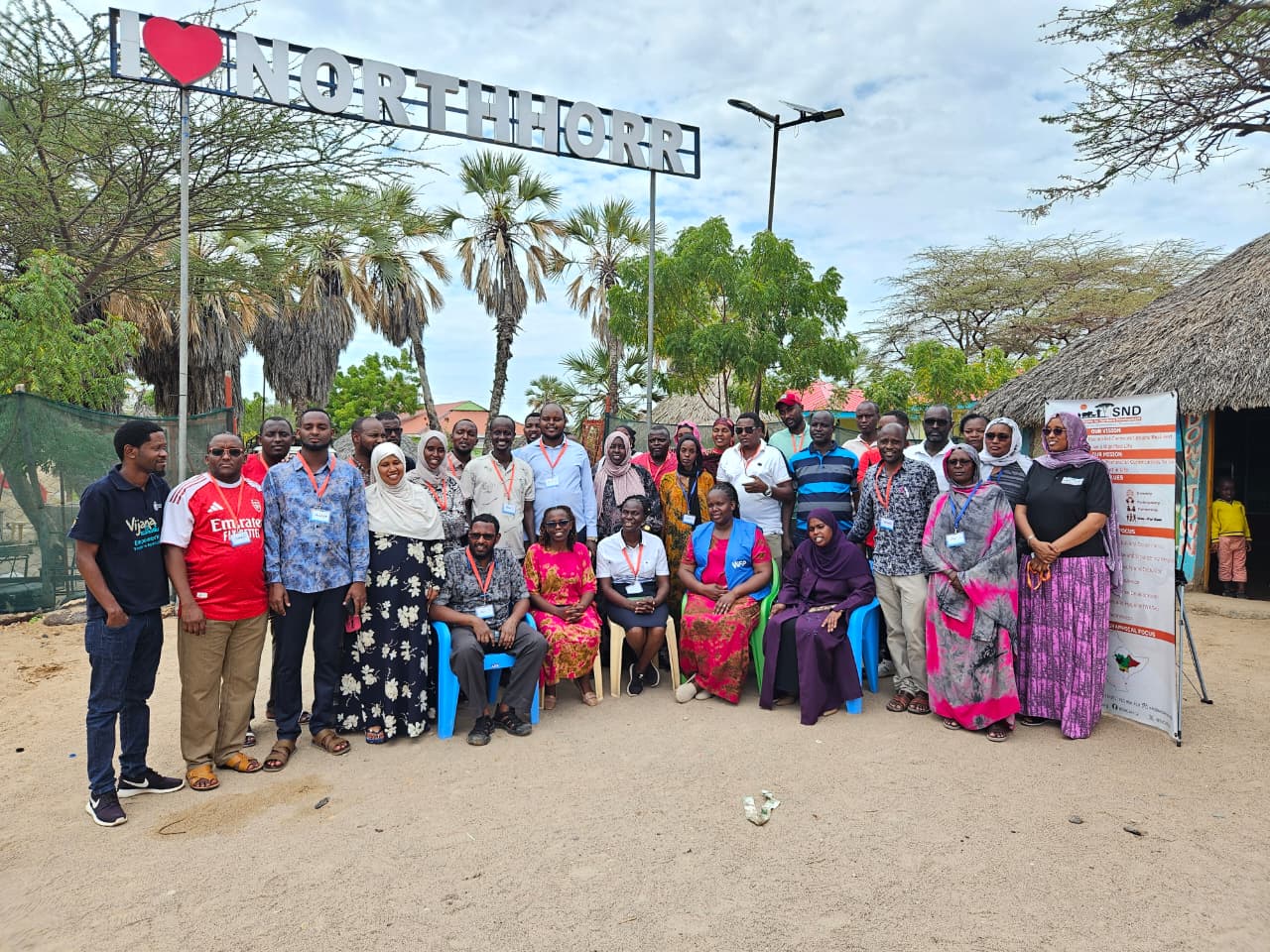
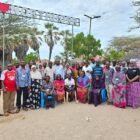
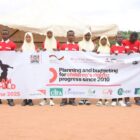
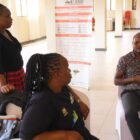

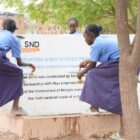

Recent Comments